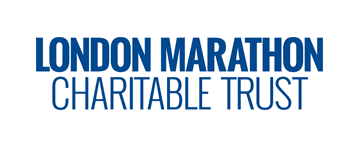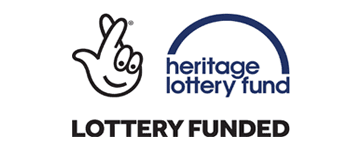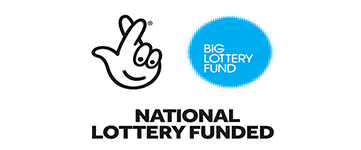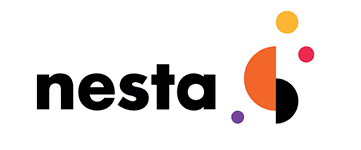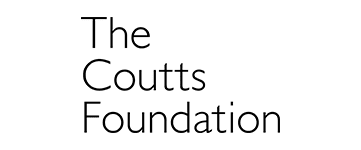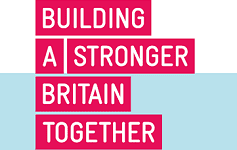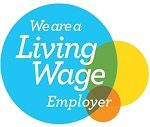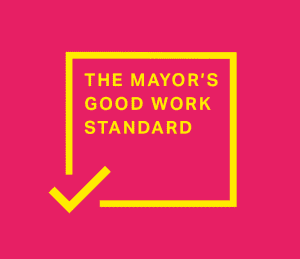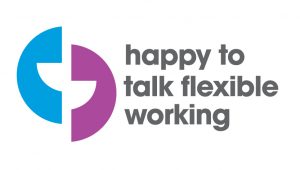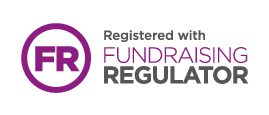New Participatory Action Research calls for the energy market to be redesigned through the transition to net zero
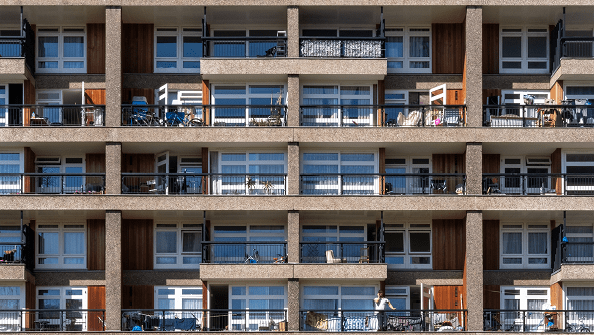
East End charity Toynbee Hall releases new research calling for energy leaders to take the transition to net zero as an opportunity to create an energy system that is fair by design.
“At best, we hope to see a future energy market where low-income consumers are not just protected, but actively benefit from the transition.”
As it stands, the energy market is unfair to vulnerable consumers who often face a poverty premium or are at significant risk of fuel poverty due to factors such as receiving a low income, being a carer, having a disability and/or ill health. Without action, these consumers could lose out in the transition to net-zero. However, the transition to net zero also presents an opportunity to redesign the energy market to work for everyone.
With progress towards reaching net zero targets being limited thus far, and with the energy market in an unprecedented crisis, it is high time to think about how we can address both of those problems together, rather than as separate and competing issues. This new research from Toynbee Hall in partnership with community members and Fair by Design does just that; reaching four key findings and making five key recommendations as to how we can ensure the transition to net-zero is fair and effective.
Key Findings:
1. Awareness of steps to take transition to a net zero household is low, and prohibitive costs of ‘green’ choices could exacerbate inequality in the energy market.
2. Private and social tenants lack power to make green household adaptations and are at risk of being left behind.
3. Low-income consumers will not be able to transition to net zero without barriers to smart technology being removed.
4. Energy companies need to become better at pro-actively identifying and supporting vulnerable consumers.
Key Recommendations
1. The government needs to develop more extensive support schemes for low-income households to make green changes, from larger structural adaptations to the purchase of smart appliances. Ofgem should also make it mandatory for energy companies to offer a ‘green social tariff’. To guarantee a fair transition, Ofgem could introduce an ‘affordability standard’ for new support schemes to guarantee they will benefit households on lower incomes.
2. Ofgem must introduce Key Performance Indicators for energy companies to increase accountability and improve sector-wide standards when it comes to identifying and supporting vulnerable consumers through the net zero transition. Ofgem could help co-design these KPIs with the sector and would be responsible for penalising or rewarding good outcomes.
3. Ofgem should bring together energy companies, consumer groups, tenants representatives and stakeholders from social and private housing to explore how tenants can have greater power over access to household adaptations. This working group should be informed by findings from peer-led research with social and private tenants.
4. Ofgem commissions peer research into how low-income consumers can feel more confident about their options with smart technology. This can help Ofgem to develop a green empowerment strategy to increase consumer trust and confidence in smart technology.
5. Ofgem must spearhead a move towards more inclusive communication practice in the sector. Ofgem co-designs a campaign targeted at low-income consumers to communicate how they can improve finances while increasing knowledge about making green choices. Ofgem also promotes pro-active engagement practices from energy companies with vulnerable consumers and advocates for the development of Net Zero Advice Hubs.
These findings and recommendations were reached following discussions with community members affected by the energy poverty premium, facilitated by trained peer researchers. These discussions were focused on the themes of understanding the impressions community members had about the transition to net zero, the support they might need to make green choices and the extra support those particularly vulnerable to financial harm might need, and the role of new technologies in a ‘just transition’.
Many low-income households view the transition to net zero and climate change through the lens of inequality. Many felt they were not in a financial position to make green choices, and that they lacked the awareness or power to make green decisions.
“So if I was, you know, more middle class, more affluent, I would go green with everything. But sadly, is the kind of the economics that come into it that I have to take, you know, I have to weigh out what’s good for me as my household, you know, like as a as an individual, [and] what’s better for the planet?”
“The solar panel is impossible. I mean, I live in a building monitored by a housing association that will never enable me to fix one on the roof, just for myself, the solar panel – even if I want and even if maybe I find the funding through the government.”
It is clear that to increase people’s awareness and power to make green choices, support needs to go beyond information provision for low-income consumers, and instead equip people to be fully aware and empowered to make changes.




